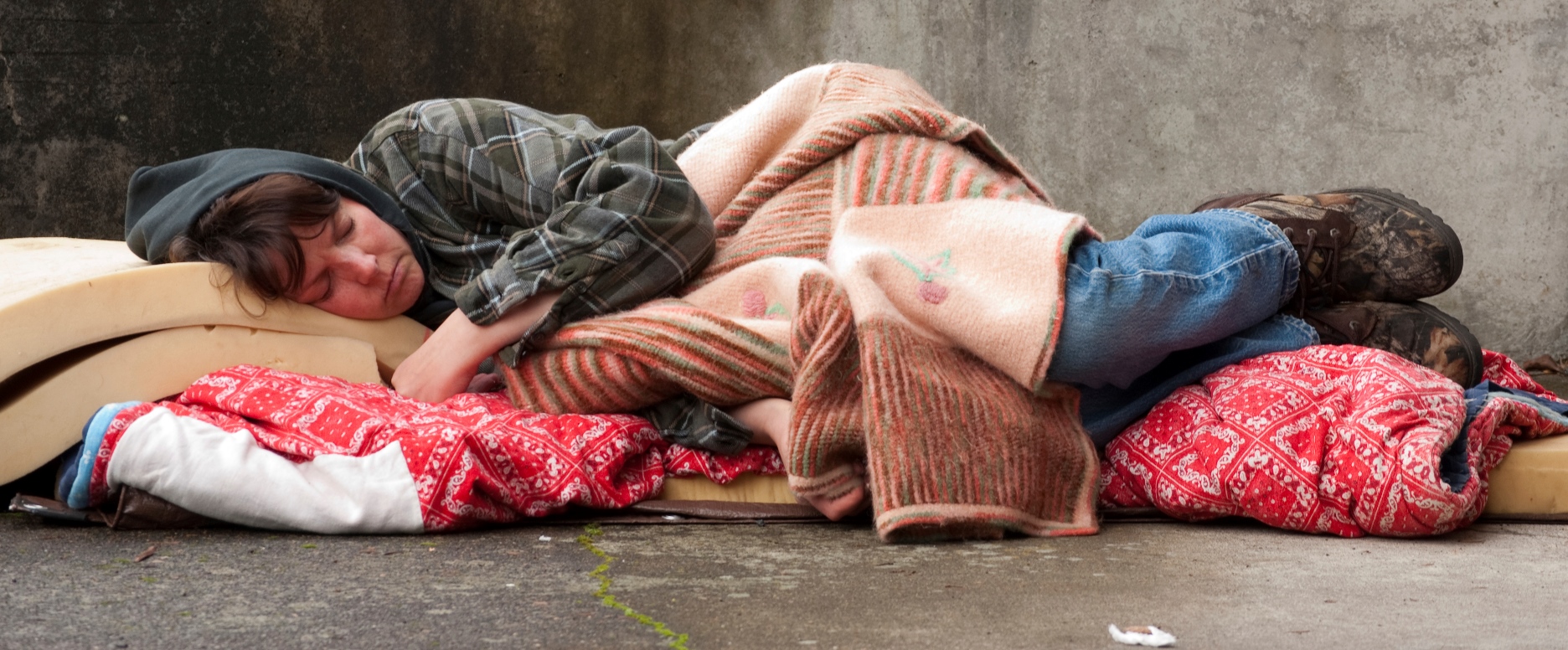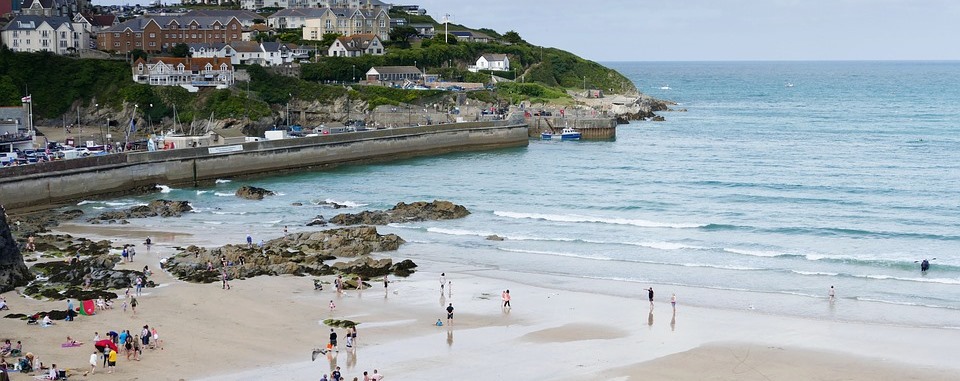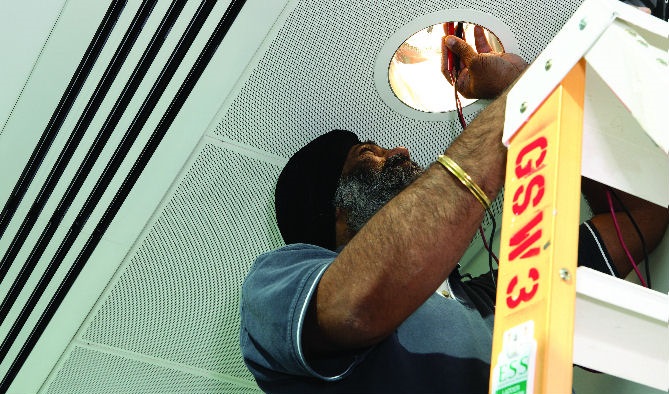â€Unprecedented’
Wages have fallen for the sixth month in a row even as unemployment has dropped to its lowest level in more than 40 years, the latest figures from this week have shown.
Wages dropped 0.4 per cent on the last year in real terms – average earnings have not been higher in over a decade. That unemployment has remained level at just over 4 per cent even in the face of dropping wages points to the failure of making work pay.
The latest data is no passing trend, either – a new report shows that low wages have become an embedded part of the economy.
A shocking one in four workers are stuck in low-paid jobs permanently, the study carried out by the Resolution Foundation found, while nearly half dipped in and out of low-paid work over the last decade.
Only about one in six workers managed to get out of low-paid work for good over the last decade.
Women were much more susceptible to the being trapped in low pay permanently, as were part-time workers.
Although low pay has often been portrayed as a predominantly young person’s problem, the report found that older people are more likely to be stuck in low pay – only 15 per cent of people aged 46 to 55 escaped the low pay trap over a decade, while 23 per cent of those under 25 managed to escape.
Low pay and insecure work, coupled with skyrocketing housing costs and rising debt is driving wealth inequality to an alarming level.
The IPPR think tank found that top 10 per cent wealthiest households owned nearly half of the country’s total wealth, while those in the bottom 50 per cent – half of all households – owned only 9 per cent of the UK’s wealth.
The average household in the bottom 50 per cent owned only ÂŁ3,200 in net finances, property and pensions, while the top 10 per cent owned ÂŁ1.3m.
Yawning wealth gap
A yawning wealth gap exists between generations as well, mostly due to housing inequalities, with less than half of millennials – those aged between 17 and 37 – expected to own their home by the time they are 45.
Homeownership is at its lowest level in 30 years.
In 2005, nearly 60 per cent of young people aged 25 to 34 owned their own home, a figure that’s plummeted to 37 per cent in 2015.
The wealth gap between older and younger people means that for the first time in modern history, young people today are set to be worse off than their parents.
Unite assistant general secretary Steve Turner said that action must be taken now before low wages, gaping wealth inequality and unaffordable housing become a normal, accepted part of life for working people in Britain.
“The situation we’re in now is unprecedented – the once sure-fire certainty that children would enjoy a better standard of living than their parents is now a pipe dream from a bygone era,” he said.
“Low wages and insecure work are no longer just a temporary post-financial crisis blip – they’ve become an endemic part of our economy, and are direct result of nearly a decade of failed Tory policies and free market fundamentalism.
“It doesn’t have to be this way,” he added. “There are a number of sensible policies, supported by Labour, that surveys show the vast majority of the public want – from a return of collective bargaining to a serious council house building programme, from tax reform that fairly redistributes wealth to banning zero-hours contracts and hiking the minimum wage to a real living wage.
“The solutions are well within our grasp. All that’s required is the political will to take action – action that only Labour has shown it will deliver.”
 Like
Like Follow
Follow


